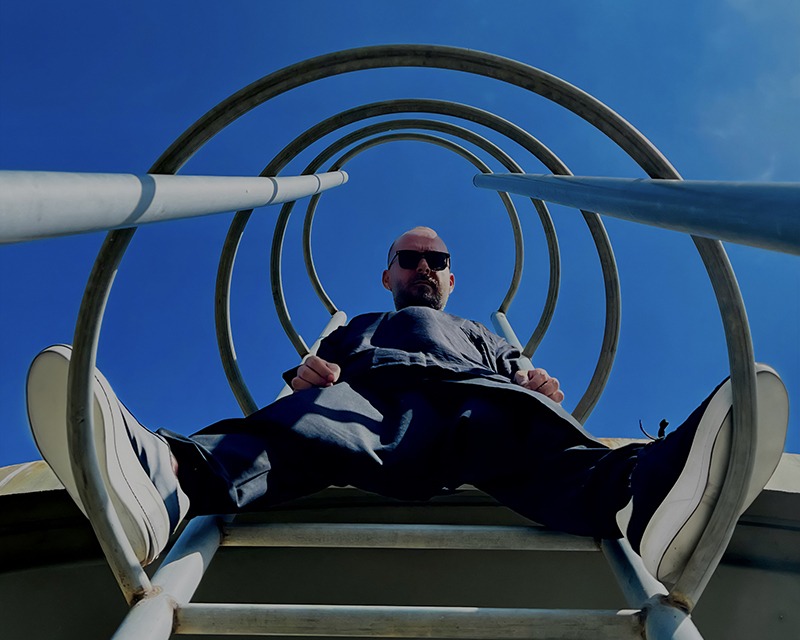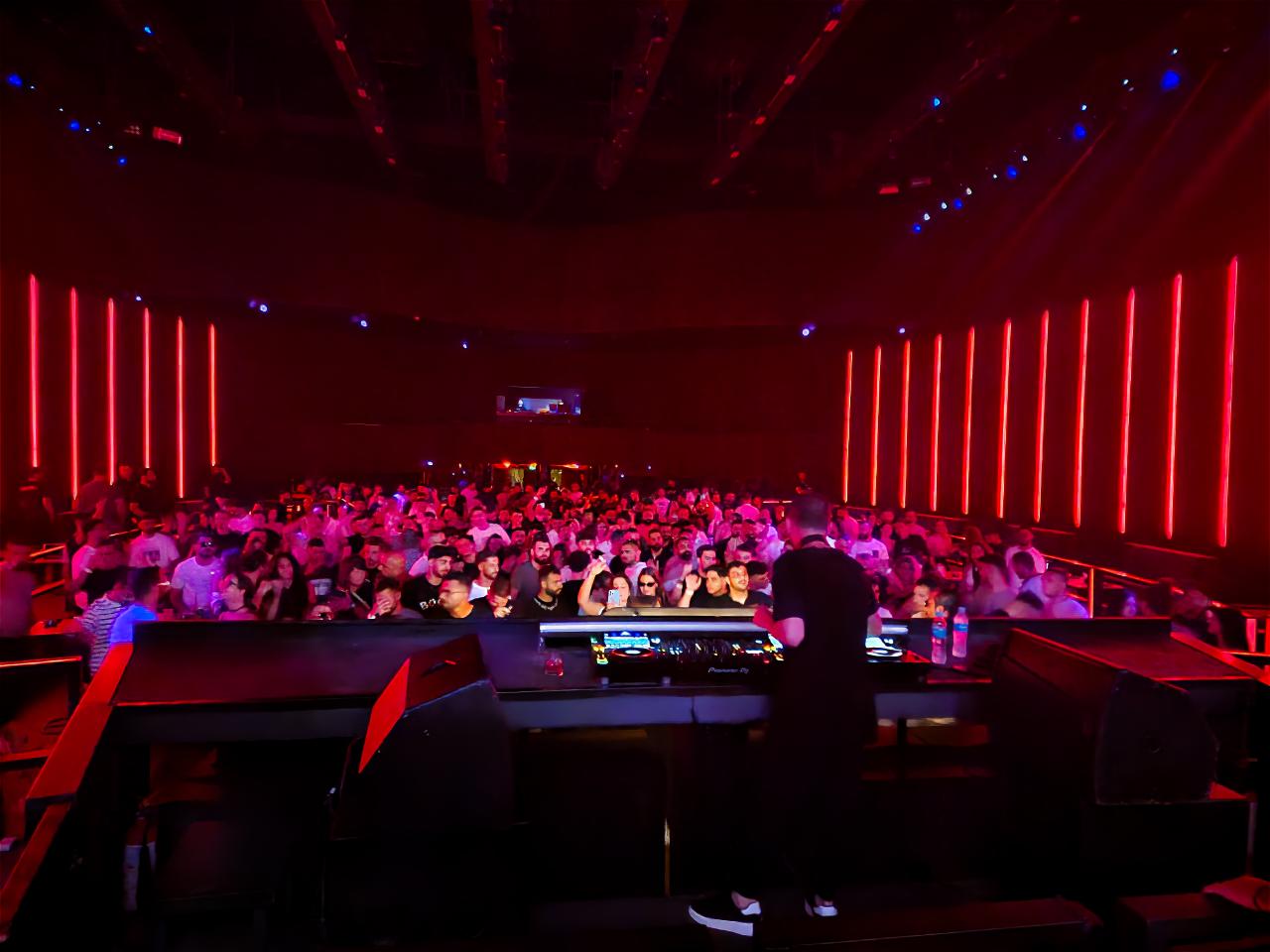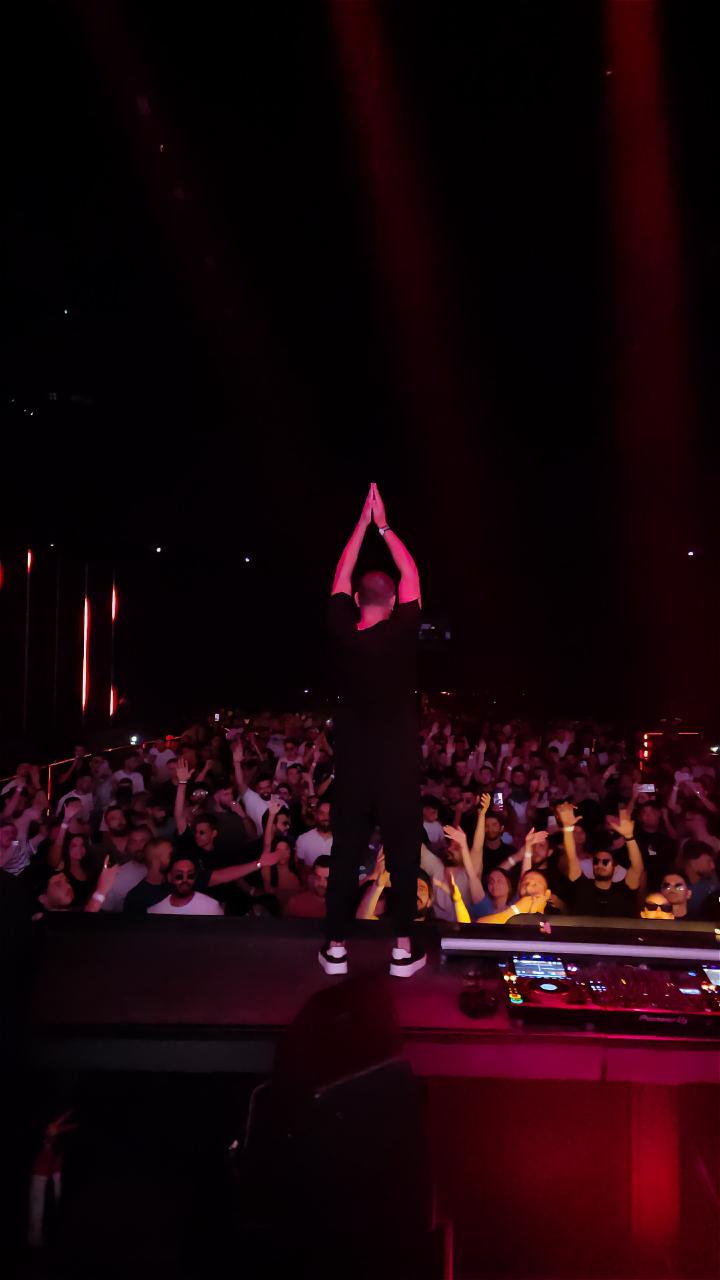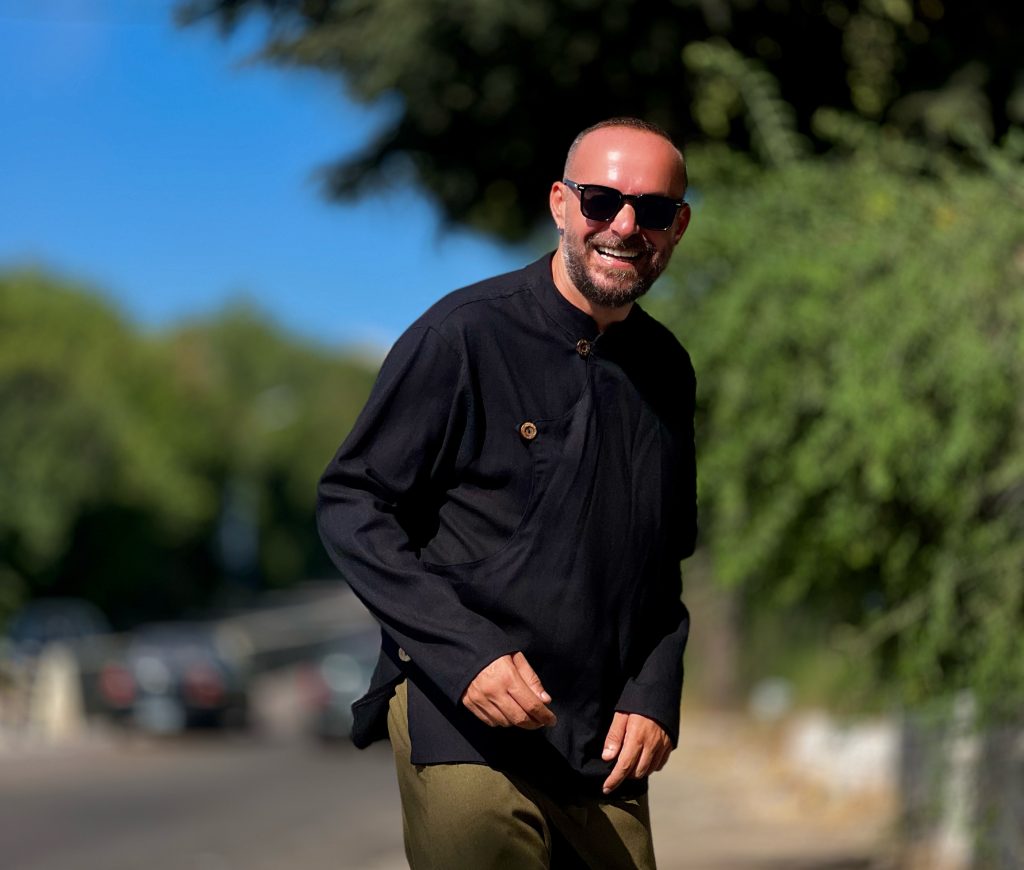Having founded The Pulse, Lebanon’s top radio show — broadcast in over 50 countries — and performing on stages across the world, Roy Malakian has carved out an enviable reputation in the world of electronic dance music, house, progressive and techno. Yet, there is far more to the Lebanese-Armenian DJ, artist and music producer than meets the eye. We take over the controls to learn more about Malakian’s career, his loyalty to Lebanon and what’s on the horizon.

How did it all start?
It started back in 2003 while I was studying civil engineering and topography at university. My friend was had his own show on Radio One Lebanon and encouraged me to join the station. He knew I was passionate about music. It was an exciting period. I educated myself and learned about production and station management. The following year, I asked for my own show, and that’s how The Pulse was born.
It took off immediately and became a reference for progressive house, techno and tribal music. I still remember the day I sent an email to Paul Oakenfold, inviting him to be a guest on the show. Much to my surprise, his manager replied and Paul was a special guest. Things just evolved, and the next thing I knew, I had Tiësto doing a phone interview with me.
In terms of my own work, I began producing music in 2008 and released my first track, “Solitary Soldier,” the following year. My big break came in 2012, when I wrote and produced “Vital Signs” with Chris Jones and Eller Van Buuren, Armin Van Buuren’s brother. It was a massive international hit, and I had several “pinch-me” moments. But, I recall asking myself: “What’s next? Where do I go from here?”

In your opinion, what makes a good DJ?
You need to have your own unique identity. It is important not to copy or compare yourself to others. Be guided by your soul, follow your heart and follow your sounds. Stay true to what you like, not what you think people want to hear. Above all else, don’t be scared to be creative.
What is your philosophy in life?
Never give up, especially when things are not going your way. Don’t say: “Why me?” Just keep going. I also believe that you need to make mistakes to learn and grow. Trying and failing is definitely part of the process.
Why did you decide to remix the Feyrouz classic “Li Beirut” in 2021?
Ultimately, your country is your everything; Lebanon is everything to me. I felt I had to do something related to my country, especially after the Beirut explosion. I wasn’t mentally ready to make “Li Beirut” in 2020, though. It took a little time, but I believe everything was meant to be, including those who were part of the project. Manel Mallat, an extremely talented singer and songwriter, performed the vocals, and the song was released in 2021.

What keeps you in Lebanon?
Lebanon keeps me here. It’s hard to translate Lebanon into words. Being Lebanese is so special.
What is something not many people know about you?
I have a black belt in taekwondo and was part of the Lebanese national team when I was younger.

How do you enjoy spending your time outside the studio?
I have a couple of close friends whom I call family, and I love spending time with my parents. They are my inspiration. Working out is also something I enjoy, notably cycling, and I’m a big fan of CrossFit. You will also find me doing extreme sports like paragliding and bungee jumping. I guess you could say I’m a bit of an adrenaline junkie.
What’s next for Roy Malakian?
I am planning something big related to music. It will take place in Lebanon, of course. I can’t say more at this stage, but all will be revealed soon!
If you enjoyed reading this, check out our interview with Lebanese pianist and composer Aleph.
Loading
